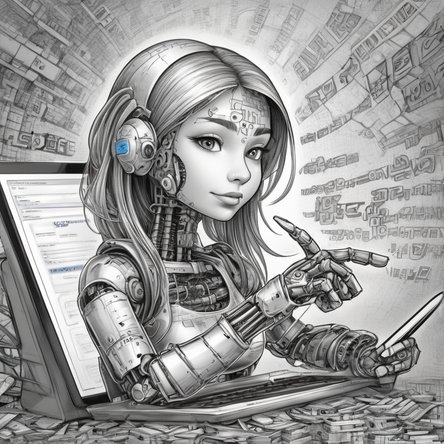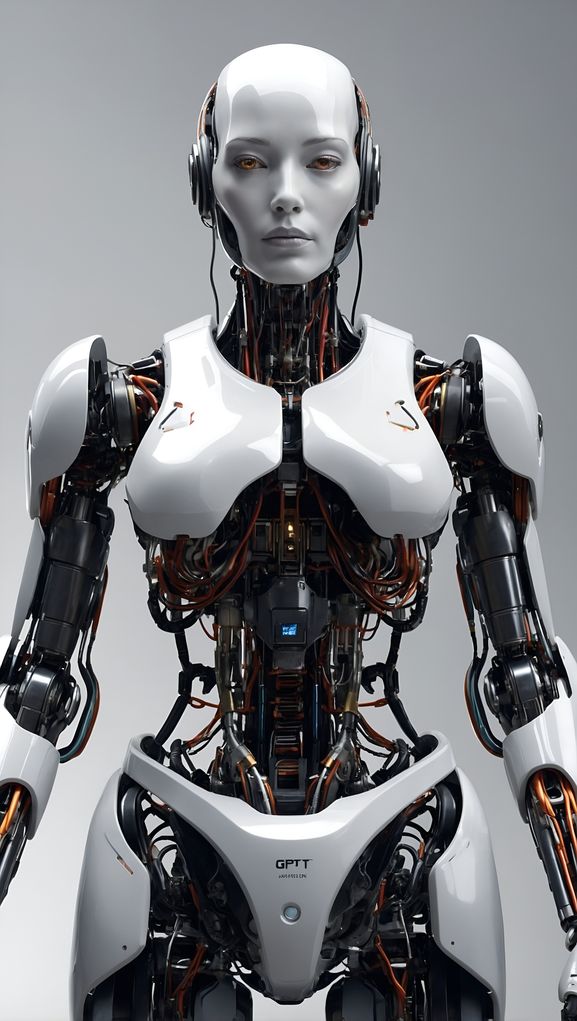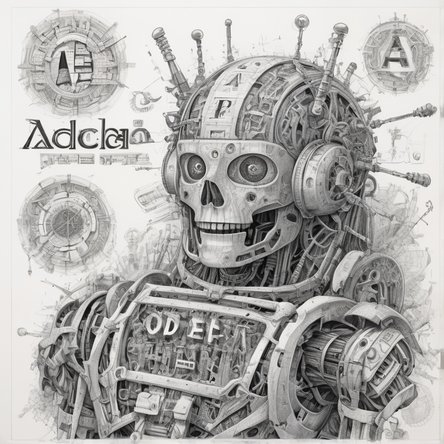Understanding CAPTCHA: An Overview
CAPTCHA, which stands for "Completely Automated Public Turing test to tell Computers and Humans Apart," is a type of challenge-response test used in computing to determine whether or not the user is human. CAPTCHA technology is essential in the digital world, as it helps protect websites from bots and automated abuse. This technology has evolved over the years, incorporating various types of challenges to ensure the security and integrity of online interactions.
The Evolution of CAPTCHA Technology
The inception of CAPTCHA dates back to the early 2000s, when it was initially developed to combat spam and automated account creation. Early CAPTCHA systems involved simple text recognition tasks, where users were required to type distorted characters displayed on the screen. As bots became more sophisticated, CAPTCHA systems also evolved. The introduction of image recognition tasks, audio challenges, and the more recent reCAPTCHA by Google has significantly improved the effectiveness of these systems. Google's reCAPTCHA, in particular, uses advanced risk analysis techniques and machine learning to determine user behavior, often requiring minimal user interaction.
Types of CAPTCHA Challenges
There are several types of CAPTCHA challenges used today, each designed to be human-readable but difficult for automated systems to solve. Text-based CAPTCHAs, which involve recognizing and typing distorted characters, are one of the oldest forms. Image-based CAPTCHAs ask users to identify specific objects within a set of images, such as selecting all images containing traffic lights or crosswalks. Audio CAPTCHAs provide an alternative for visually impaired users, presenting a series of spoken words or numbers that the user must input correctly. Behavioral CAPTCHAs, such as those used by reCAPTCHA, analyze user behavior, such as mouse movements and time taken to complete a task, to differentiate between humans and bots.
Implementing CAPTCHA in Applications
Integrating CAPTCHA into a web application or mobile app involves several steps. First, developers must choose the appropriate type of CAPTCHA for their needs, balancing security and user experience. Next, they need to implement the CAPTCHA service, often through APIs provided by CAPTCHA providers like Google reCAPTCHA. Proper integration involves placing the CAPTCHA challenge in areas of the application where user verification is critical, such as during account registration, login, and form submissions. Developers must also ensure that CAPTCHA does not hinder accessibility, providing alternatives like audio CAPTCHAs and making sure the solution is compatible with assistive technologies.
Benefits of Using CAPTCHA
CAPTCHA technology offers numerous benefits for both website owners and users. For website owners, CAPTCHAs help protect against spam, brute force attacks, and automated abuse, ensuring that interactions on their platforms are genuine. This protection extends to preventing fake account creation, safeguarding sensitive data, and maintaining the integrity of online polls and surveys. For users, CAPTCHAs contribute to a safer online environment, reducing the likelihood of encountering malicious bots and automated threats.
CAPTCHA and Accessibility
One of the primary criticisms of CAPTCHA technology is its potential to hinder accessibility for certain users, particularly those with visual or auditory impairments. To address these concerns, modern CAPTCHA systems incorporate accessibility features, such as audio challenges and compatibility with screen readers. Additionally, some systems use behavioral analysis, which requires minimal user interaction, thus improving the overall accessibility of CAPTCHA challenges. Ensuring that CAPTCHA implementations comply with accessibility standards is crucial for creating an inclusive online environment.
CAPTCHA in the Era of AI
As artificial intelligence continues to advance, the capabilities of bots to solve CAPTCHA challenges also improve. This ongoing battle between bot developers and CAPTCHA providers has led to the development of more sophisticated CAPTCHA systems. Machine learning and AI are now integral parts of modern CAPTCHA solutions, enabling them to analyze user behavior patterns and detect anomalies more effectively. This dynamic adaptation ensures that CAPTCHA technology remains a robust defense against evolving automated threats.
Future of CAPTCHA Technology
The future of CAPTCHA technology is likely to see further integration of AI and machine learning, enhancing its ability to distinguish between human and automated interactions. Emerging technologies, such as biometric authentication and user behavior analytics, may also play a significant role in the evolution of CAPTCHA systems. As the digital landscape continues to change, CAPTCHA providers must stay ahead of the curve, developing innovative solutions to counter increasingly sophisticated bots.
Challenges in CAPTCHA Implementation
While CAPTCHA technology offers significant benefits, implementing it effectively poses several challenges. Ensuring that CAPTCHA challenges are user-friendly and do not detract from the overall user experience is paramount. Developers must strike a balance between security and usability, avoiding overly complex challenges that frustrate legitimate users. Additionally, maintaining the accessibility of CAPTCHA systems is a continuous effort, requiring regular updates and compliance with accessibility guidelines.
Alternatives to Traditional CAPTCHA
In response to the limitations of traditional CAPTCHA systems, several alternatives have emerged. One such alternative is the use of behavioral biometrics, which analyze user interactions, such as typing patterns and mouse movements, to authenticate users. Another approach is the use of honeypots, which involve adding hidden fields to forms that bots are likely to fill out, thus identifying automated submissions. These alternatives offer different levels of security and user experience, providing developers with options to tailor their anti-bot strategies to their specific needs.
Conclusion
CAPTCHA technology remains a vital tool in the fight against online abuse and automated threats. Its evolution from simple text-based challenges to sophisticated AI-driven systems reflects the ongoing arms race between bot developers and security providers. As technology continues to advance, CAPTCHA solutions must adapt to ensure they remain effective and user-friendly. By balancing security, usability, and accessibility, CAPTCHA can continue to protect online interactions and contribute to a safer digital environment.




